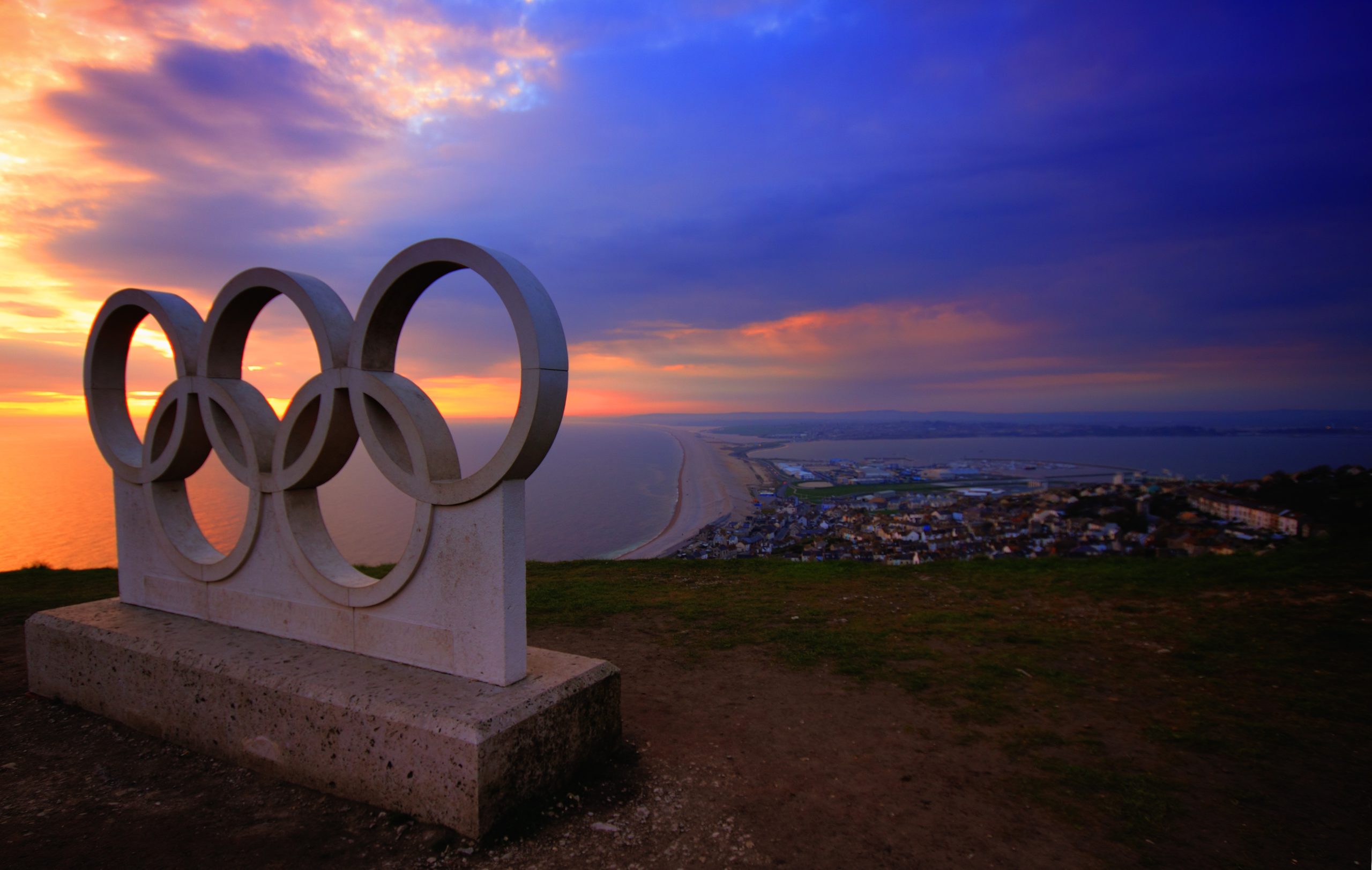Olympic Sports: A journey through new, old and ancient sports
The Olympic sports journey have a rich history that spans over two millennia, evolving from their ancient origins in Greece to the contemporary global spectacle that we know today. This evolution has brought a wide array of sports into the Olympic fold, each reflecting the cultural and societal values of their time. In this article, we’ll explore 30 Olympic sports, categorised into ancient, old, and new sports, highlighting their unique characteristics and significance.
Ancient Olympic Sports
The ancient Olympic games journey, which began in 776 BC in Olympia, Greece, were held in honour of Zeus and featured a range of sports designed to test physical prowess and to honour the gods in general.
Stadion (Stadium Race)
Origin: Ancient Greece
The stadion was a short foot race of about 192 meters. It was the premier event of the ancient Olympics, with the winner considered the victor of the entire Games.
Wrestling
Origin: Ancient Greece
Wrestling was a significant event, where competitors used grappling techniques to throw their opponent to the ground three times to win.
Chariot Racing
Origin: Ancient Greece
Chariot racing involved racing four-horse chariots around a track, combining speed, strategy, and risk.
Pentathlon
Origin: Ancient Greece
The pentathlon included running, long jump, discus throw, javelin throw, and wrestling, intended to find the most versatile athlete.
Boxing (Pygmachia)
Origin: Ancient Greece
Boxing was a brutal sport, originally with few rules, where fighters wore leather thongs on their hands and aimed to knock out their opponent.
Pankration
Origin: Ancient Greece
A blend of boxing and wrestling, pankration had minimal rules and allowed almost any technique to subdue an opponent.
Discus Throw
Origin: Ancient Greece
Athletes threw a heavy disc, aiming for distance and technique, showcasing strength and precision.
Javelin Throw
Origin: Ancient Greece
Competitors threw a spear-like javelin for distance and accuracy, reflecting skills useful in warfare.
Long Jump
Origin: Ancient Greece
Athletes performed a jump, measured by distance, often using weights to enhance their leap.
Horse Racing
Origin: Ancient Greece
Races involved mounted riders competing for speed and endurance over various distances.
Old Olympic Sports
The modern Olympics, revived in 1896, included many sports that have become staples of the Games. These sports have been integral to the Olympics for over a century.
Athletics (Track and Field)
Origin: Modern Olympics, 1896
Athletics includes sprint, distance races, jumps, and throws, and form the core of the Olympic Games.
Gymnastics
Origin: Modern Olympics, 1896
Featuring events like floor exercise, pommel horse, and balance beam, gymnastics combines strength, flexibility, and artistic performance.
Swimming
Origin: Modern Olympics, 1896
Swimming includes various distances and strokes, remaining a central and popular Olympic sport.
Weightlifting
Origin: Modern Olympics, 1896
Weightlifting tests athletes’ strength in the snatch and the clean-and-jerk.
Fencing
Origin: Modern Olympics, 1896
Fencing involves combat with swords (foil, epee, sabre), showcasing agility, strategy, and precision.
Cycling
Origin: Modern Olympics, 1896
Cycling includes road races, track events, mountain biking, testing speed, endurance, and strategy.
Rowing
Origin: Modern Olympics, 1900
Rowing involves teams or individuals racing on water, emphasising strength, endurance, and teamwork.
Shooting
Origin: Modern Olympics, 1896
Shooting tests accuracy and precision with rifles and pistols over various distances.
Tennis
Origin: Modern Olympics, 1896
Tennis includes singles and doubles matches, combining speed, agility, and strategy.
Archery
Origin: Modern Olympics, 1900
Archery tests accuracy and control with bows, over various distances.
New Olympic Sports
In recent years, the International Olympic Committee (IOC) has introduced new sports to attract younger audiences and reflect contemporary interests.
Skateboarding
Debut: Tokyo 2020
Skateboarding features park and street styles, emphasising agility, creativity, and youth culture.
Sport Climbing
Debut: Tokyo 2020
Sport climbing includes speed climbing, bouldering, and lead climbing, testing strength, endurance, and problem-solving skills.
Surfing
Debut: Tokyo 2020
Surfing takes place in natural ocean waves, showcasing balance, skill, and a connection with nature.
Karate
Debut: Tokyo 2020
Karate features kata (forms) and kumite (sparring), highlighting discipline, technique, and martial arts tradition.
3×3 Basketball
Debut: Tokyo 2020
This urban, fast-paced version of basketball is played with three players on each team on a half-court.
BMX Freestyle
Debut: Tokyo 2020
BMX Freestyle involves performing tricks and stunts on a bike in a specially-designed park.
Rugby Sevens
Debut: Rio 2016
Rugby Sevens is a faster, more dynamic version of rugby union, with seven players on each team and shorter matches.
Golf
Reintroduced: Rio 2016
Its Olympic sport journey began during the second edition of the modern Olympic in 1900. Golf returned to the Olympics after more than a century, testing precision, strategy, and skill over 18 holes.
Triathlon
Debut: Sydney 2000
The triathlon combines swimming, cycling, and running, testing athletes’ versatility and endurance.
Taekwondo
Debut: Sydney 2000
Taekwondo, a Korean martial art, focuses on head-height kicks, spinning kicks, and fast kicking techniques.
Conclusion
The Olympic sports ‘ blend of ancient, old, and new sports creates a diverse and dynamic program that appeals to a wide range of audiences. Ancient sports connect us to the origins of the Games and the values of ancient Greek culture. Old sports maintain the traditions of the modern Olympics, showcasing athleticism across various disciplines. New sports bring innovation and contemporary relevance, attracting younger audiences and promoting a global perspective.
This rich tapestry of sports ensures that the Olympics remain a celebration of human achievement, tradition, and innovation. Whether you’re fascinated by the historical significance of ancient sports, the enduring appeal of old sports, or the fresh excitement of new sports, the Olympics offer something for everyone. As the Games continue to evolve, they will undoubtedly introduce even more sports that reflect the changing landscape of global athletics.
Improve your English Speaking Skills
Unlock your full potential with The English Studio! Our experienced teachers offer custom English language training to everyone helping you to improve in your work and to grow your social, business and career opportunities / chances of success [choose one]. Find out how our specialised lessons can help you reach your goals. Call us at +44 20 7299 1700 or send an email to [email protected] for more information. You can also complete our online test to check your English level or meet with our Education Advisors for tailored advice.
To learn more of Olympic and sport terminology below:
20 Olympic and Sports Metaphors to boost your daily English
Olympic Sports Vocabulary: A Guide to British and American English Differences





